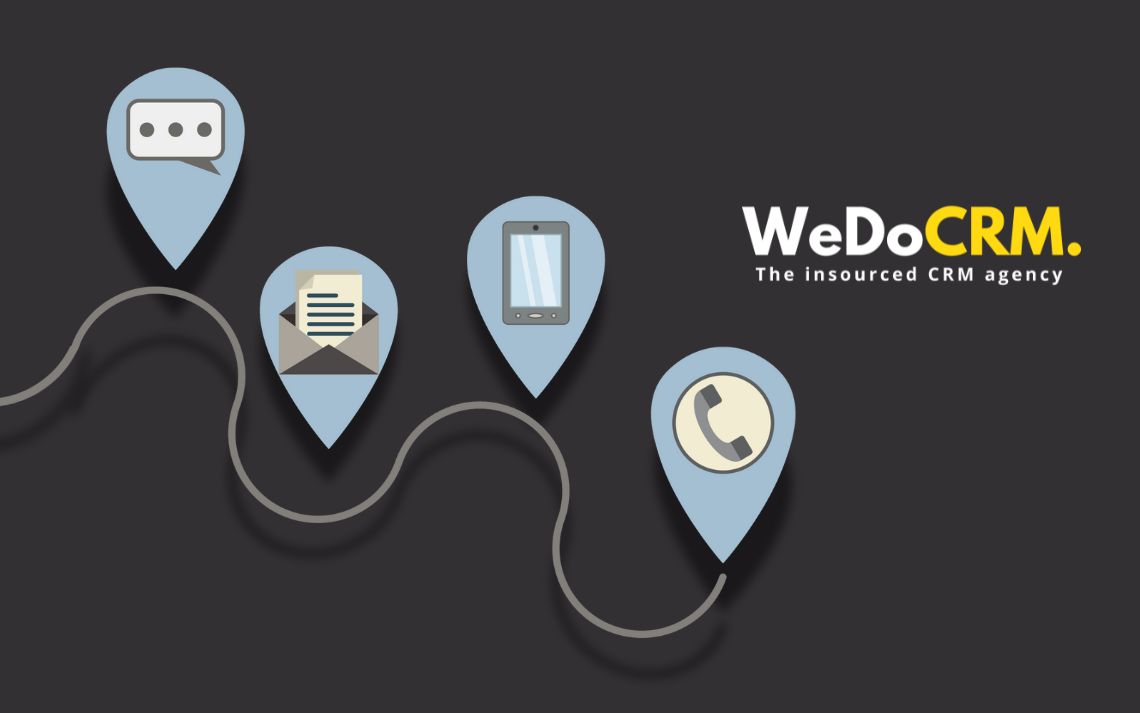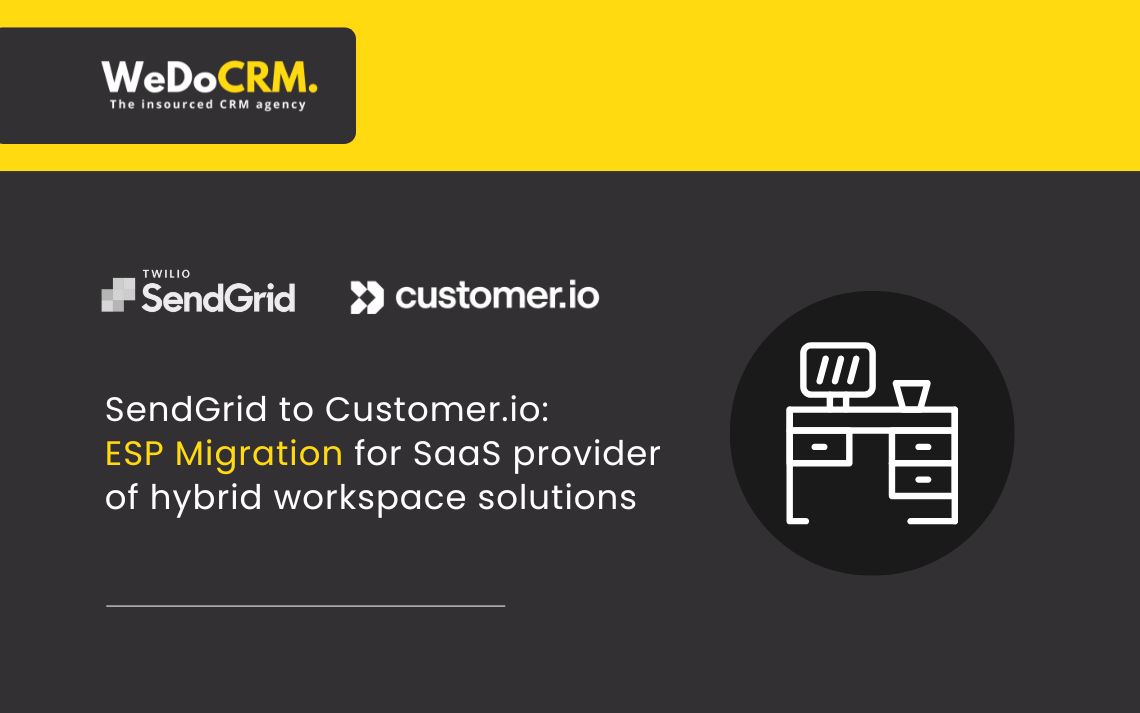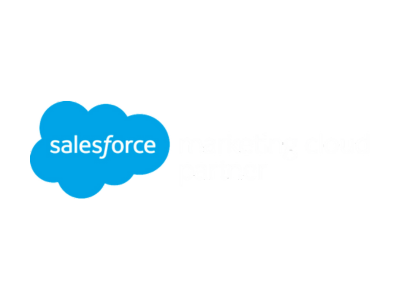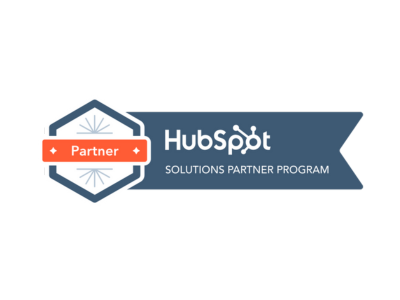The truth is, there’s almost nothing we can’t do online these days. We browse, chat, read, and listen, the world has gone full-on digital. For businesses big or small, this means finding fresh and new ways to connect with customers. As human interactions take a backseat from screen to screen, creating a great customer experience gets trickier. But, never fear, that’s where the almighty, all-knowing, practically magic Customer Relationship Management (CRM) comes in.
CRM has come a long way and – it’s now regarded as a must-have for most businesses. By 2029, the CRM industry is projected to be worth a massive $146.10 billion. With that kind of cash flow, businesses can look forward to happier customers, bigger sales, larger profits, and a solid return on their CRM investment. With growth like this, it’s clear that whether you’re a big fish or a small fry, your business needs a CRM to stay afloat!
Implementing a CRM system is a step in the right direction towards improving your customer relationships, streamlining your processes and driving business growth. However, it’s not always smooth sailing. It all comes down to careful planning, execution and continuous improvement. As WeDoCRM, we take pride in delivering exactly what we promise (it’s what we do, all day, every day.). That’s why we’ve created this article to outline the CRM implementation process in three key phases:
- Before Implementation – Preparing your business for CRM success.
- During Implementation – Navigating the setup and making everything fit together.
- Post Implementation – Monitoring performance and ensuring your CRM runs seamlessly.
What is the CRM Implementation Process?
The CRM implementation process starts with a series of planned actions aimed at integrating a CRM system and strategy into your business. Each phase we go through below involves identifying business needs, selecting the right CRM software, preparing your team and continuously evaluating after post-launch. All of this can potentially boost conversion rates by up to 300%! (Finances Online). So, let’s get right into it!
Phase 1: Before Implementation
1. Assess CRM Needs and Set Goals
The first step in the CRM implementation process is to thoroughly assess your business’s CRM needs and establish clear goals. According to a report by CIO magazine, approximately 33% of CRM projects fail, often due to unclear objectives.
How to Start:
- Identify Specific Business Needs: Determine what you want to achieve with the CRM. Is it to increase brand awareness, improve customer satisfaction, reduce churn, or boost sales productivity?
- Map Out Processes: Analyse your current sales and marketing processes, identify sources of leads, and pinpoint the challenges and opportunities in your business.
- Set SMART Goals: Establish specific, measurable goals that the CRM can help you achieve, such as increasing monthly leads by 10% or reducing churn to 5% by year-end.
Example Goals:
- Increase incoming leads by 20% using CRM insights from various communication channels.
- Reduce average customer support response time by 30% by tracking and managing inquiries more efficiently.
2. How to choose the right CRM software
Figuring out which marketing or sales software your business needs can be a real head-scratcher. If you’ve ever found yourself frantically searching Google for answers, you’re definitely not alone. To help you make some sense of it, our article “How to Choose the Right CRM Software” will run through sourcing the right one for you.
WeDoCRM’s Top Tip: Create a simple table to compare CRM systems based on what matters most to you — like how easy they are to use, how well they integrate with other tools, the quality of customer support, and marketing features. It’s a handy way to find the best fit.
What we Recommend:
- Research CRM Options: Write a list of CRM systems that offer the features you need. Look for reviews on platforms like Capterra or G2, and take advantage of free trials to test the software.
- Involve the Team: Ensure that the CRM system meets the needs of all departments. Involve your team in the selection process to get their buy-in and ensure smooth adoption.
- Test Test Test: During trials, import sample data and test features as if they were already part of your business operations.
3. Put Together Your Implementation Team
So, you’ve assessed your needs and looked into what CRM system you need. The next step is having a dedicated team is key to a successful CRM launch.
Key Tips:
- Gather a Cross-Functional Team: Include members from all relevant departments like sales and marketing so the CRM works for everyone.
- Choose a Project Manager: Select someone to lead the charge, keep things on track, and coordinate between teams.
- Create a Training Plan: Ensure your team is familiar with the CRM features and ready to train others. If you decide to recruit new members, having a training plan with documentation or guides is essential for them to learn and adapt quickly.
4. Create a Development Plan
The transition to your new CRM needs to be as smooth as possible, the best way to do this is to create a development plan. This plan should outline your key milestones, assign responsibilities and set timelines to keep projects on track and ensure all team members are prepared for this implementation.
Key Tips:
- Communication: Share the benefits of the new CRM with your team to ease concerns and build excitement. Remember change is scary but it has so many benefits!
- Training: Offer thorough training so everyone feels confident using the CRM to its full potential. Create video recordings, guides and documents for the team to watch and read in their own time too if they need a refresher.
- Feedback Channels: Set up ways for employees to share feedback and identify any issues early on.”
5. Work out your CRM Implementation Budget
Budgeting for CRM implementation is more than just the price tag on the software, there are other things to consider so be mindful of extra costs that might creep up on you.
Considerations:
- Software Costs: Include the cost of licenses, subscriptions, or one-time purchases.
- Implementation Costs: Don’t forget about data migration, customisation and maybe even some outside help.
- Training Costs: Set aside some funds to get your team up to speed.
Phase 2: CRM Implementation
6. Ready, Set, Go-Live!
Preparing for the CRM system’s go-live is a critical step that involves finalising the setup and ensuring everything is ready for launch. It’s time to make sure everything’s set for a smooth start!
WeDoCRM’s Tip: Schedule the go-live date during a low-business-impact period to minimise disruptions.
Key Actions:
- Data Migration: Move your data into its new home. Clean and migrate your existing data into the new CRM system.
- System Testing: Give your new CRM a thorough test drive to ensure all functionalities work as expected.
- User Training: Finalise the training sessions to prepare your team for the go-live. Talk to your team, and make sure they are feeling comfortable and confident.
Phase 3: Post Implementation
7. Evaluate and Keep an Eye on Things
Once your CRM system is up and running, keep checking in and ensure it’s doing its job.
WeDoCRM’s Problem-Solving Tip: If any issues pop up, use an error/solution matrix to troubleshoot and find fixes, whether it’s a tech glitch or user hiccup.
Here is how you can stay on top of things:
- System Activity: Watch how often users are logging in and completing tasks. Gauge the engagement and make notes of any improvements that can be made.
- Data Quality: Regularly check the data that is being entered. Is it accurate and complete?
- Business Outcomes: Look at your key business metrics, such as the length of your sales cycle and customer value, to understand how the CRM is impacting your business. Use this insight to identify areas for improvement and set new goals for the future.
Example Metrics to Follow:
- Sales Metrics: Keep track of how long it takes to close a sale, the quality of your leads, and your close rates.
- Customer Metrics: Measure how valuable your customers are over time, the cost to acquire them, and how many leave.
- Employee Metrics: Check how satisfied and productive your team is to ensure the CRM is helping them work better.
Are you looking for a successful CRM implementation?
Getting a CRM system up and running smoothly takes a bit of planning, the right resources, and some ongoing fine-tuning. The secret to success is having clear goals, a solid plan, and a commitment to continuous improvement. If you need a hand with this, why not reach out to us?
We’re not just here to offer great CRM advice, we go the extra mile by really becoming part of your team (we call it insourcing). We dive right into the daily tasks and get hands-on with your CRM.
With our CRM expertise and ability to work independently, you’ll be free to focus on what’s most important to you, while we handle the CRM side of things and make sure you’re getting the best return on your investment.
Get in touch with us today, we can’t wait to hear from you.













